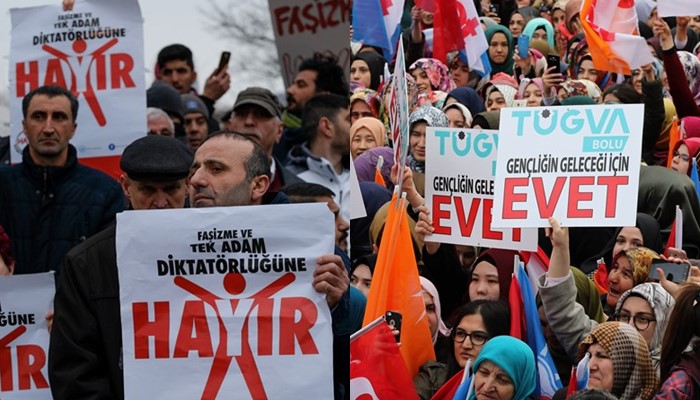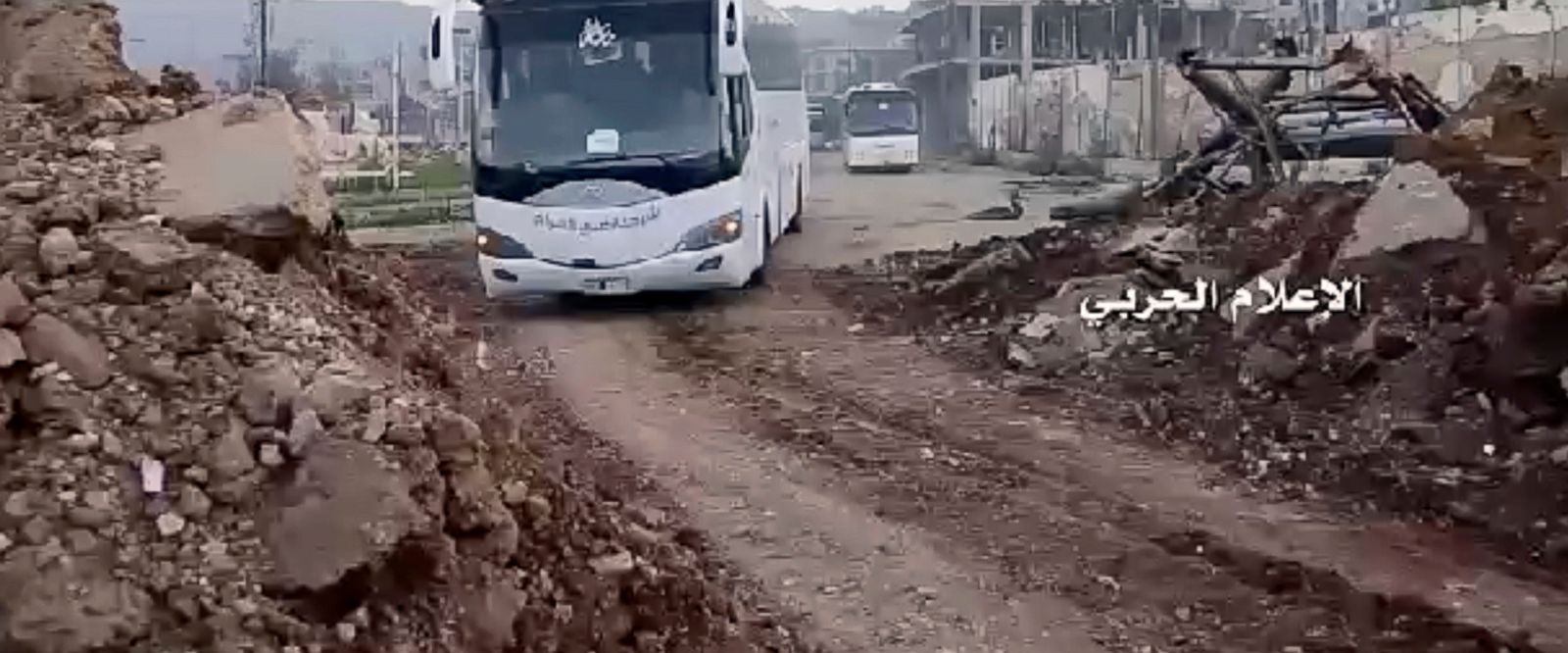by Yesim Usluca
Impunity Watch Reporter, Middle East
ANKARA, Turkey — On Sunday, April 12th, Turkish citizens voted in a referendum designed to grant comprehensive powers to the president. The outcome of the vote, which has been plagued with allegations of fraudulent ballots, was 51.5 percent in favor of the proposal.

The proposal was designed to replace Turkey’s parliamentary system with an “all-powerful presidency” after eliminating Prime Minister Recep Tayyip Erdogan’s current position. Most of the changes proposed in the plan will take effect only after the next election, which is currently scheduled to take place in 2019. However, despite Deputy Prime Minister Mehmet Simsek’s denial, there are rumors that Mr. Erdogan will hold the elections sooner to be vested with his new powers immediately.
Once effectuated, several constitutional changes will take place. The president will be granted a five-year tenure, for a maximum term of two years. He will be granted the power to appoint his own cabinet and several vice presidents. He will have the authority to select and remove senior civil servants without approval from the parliament. He will be able to intervene in the judiciary. Furthermore, the president will also be vested with the power to decide whether to impose a state of emergency.
Mr. Erdogan stated that twenty-five million people supported the proposal, with 51.5 percent of voters electing to vote “Yes” in the referendum. Referring to July’s failed coup attempt, Mr. Erdogan stated that the country’s ruling system was being changed for the first time in the history of the Republic through “civil politics[.]”
The three main cities in Turkey, Ankara, Istanbul and Izmir, along with the southeastern regions, voted “No.” While the tallying process was nearing completion, electoral authorities decided to permit ballots without official stamps to be counted, a decision which the Turkish Bar Association criticized as “illegal[.]” Afterwards, opponents of the referendum questioned the validity of the vote, and urged the authorities to recount the ballots. The head of the Republican People’s Party, Mr. Kemal Kilicdaroglu, which is the main opposing party to Mr. Erdogan’s ruling party, stated that his party would demand a recount of up to sixty percent of the ballots.
Opponents raised several concerns regarding the validity of the election, such as “[s]uspicions of ballot-stuffing[,]” the electoral commission’s decision “to significantly increase the burden needed to prove allegations of ballot-box stuffing[,]” the prevention of over 170 members of the opposition from observing the election, the temporary detainment of international election observers, and allegations of “No” votes being removed from ballot boxes and “deposited in a building site” in southern Turkey.
The referendum results, and questionable voting policies, have divided the country. Mr. Kilicdaroglu accused Mr. Erdogan of seeking a “one-man regime,” while noting that the impending constitutional changes would “put the country in danger.” Residents in affluent neighborhoods of Istanbul flooded the streets in protest, and others banged pots and pans at their homes while noting that the proposal is a “step toward greater authoritarianism.” On the other side of the spectrum, Mr. Bayram Seker, a self-employed citizen who voted “Yes” in Istanbul, stated that the referendum was their opportunity to “take back control of our country[.]” Mr. Seker added that a “one-man rule” is not “scary” as the country had been ruled by one man in the past, namely Turkey’s founder, Mustafa Kemal Ataturk.
The referendum has also attracted international concern and criticism. The European Union’s executive body stated that the close result in votes should lead the Turkish government to “seek the broadest national consensus in implementing the vote,” and urged a “transparent investigation” into the allegations of fraud. The Council of Europe, which monitored the polls, stated that the voting process “did not live up to its standards.” The former Prime Minister of Belgian, Mr. Guy Verhofstadt, stated that the EU should “stop accession talks” if Mr. Erdogan does not “change course” following the “very tight” outcome of the referendum. The MP of Austria, Ms. Alev Korun, stated that there is a suspicion that “up to 2.5 million votes could have been manipulated[.]” Human Rights Watch noted that the Turkish government should “reverse the decision” because the campaign and election took place under a state of emergency and “in a highly repressive climate” following July’s failed coup attempt.
For more information, please see:
The New York Times—Videos Fuel Charges of Fraud in Erdogan’s Win in Turkey Referendum—18 April 2017
BBC News—Turkey referendum: EU urges Ankara to probe illegal vote claims—18 April 2017
Reuters—Turkey’s Erdogan declares referendum victory, opponents plan challenge—17 April 2017
ABC News—Turkish opposition party files to have referendum voided—18 April 2017
Human Rights Watch—Turkey: End State of Emergency after Referendum—17 April 2017


